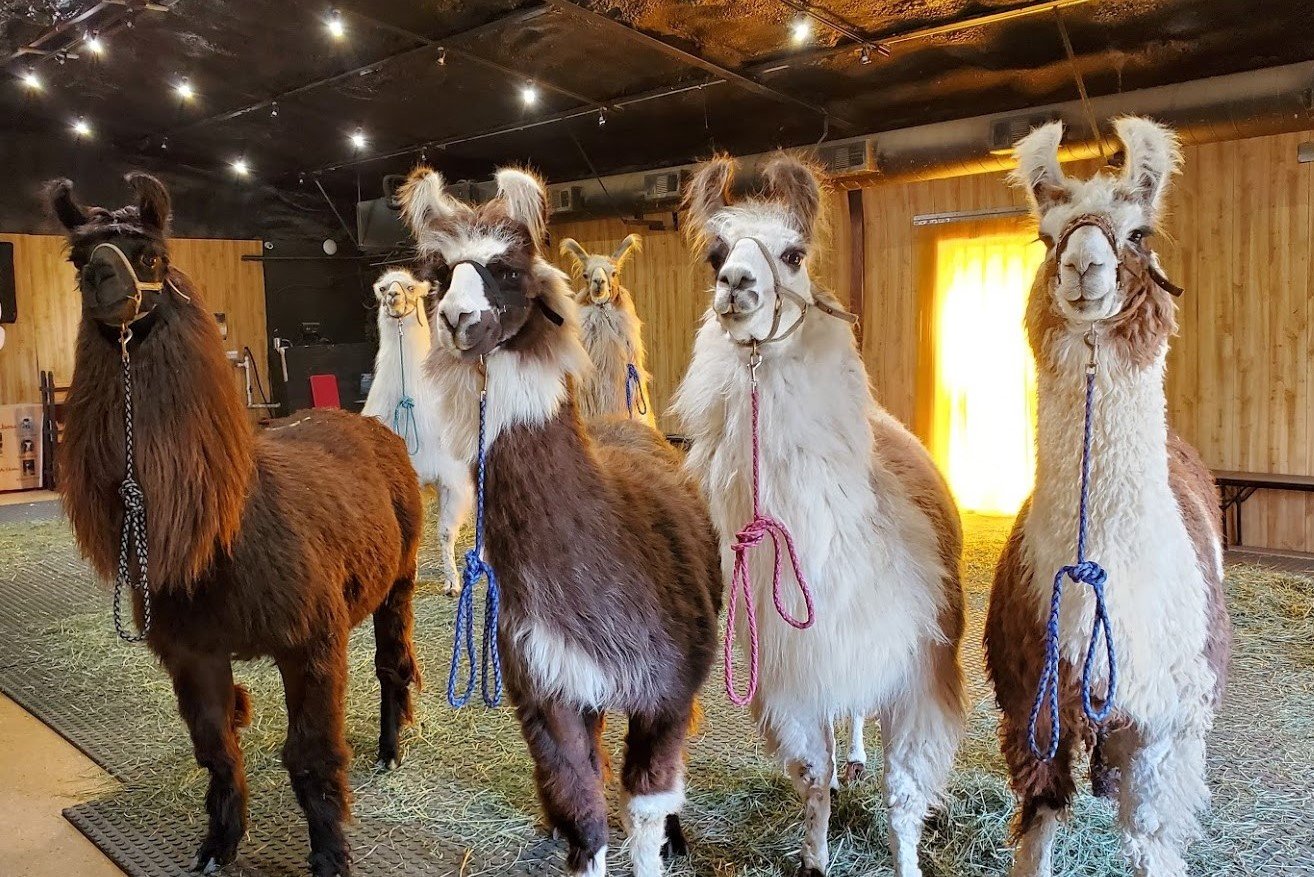ShangriLlama
Las Vegas, Nevada

Your Llama Adventure Awaits
Llama Walks
Join a hilarious pack of llamas on a unique walking adventure in Las Vegas, Nevada!
Llamas for Events
Invite llamas to your business, school, or event for photos, education, and more, in the Las Vegas area!
Introducing the Llamas of ShangriLlama
Sir Lance-O-Llama
Hakuna-Ma-Llama
Como T. Llama
Dalai Llama
Barack O’Llama
Bahama Llama











